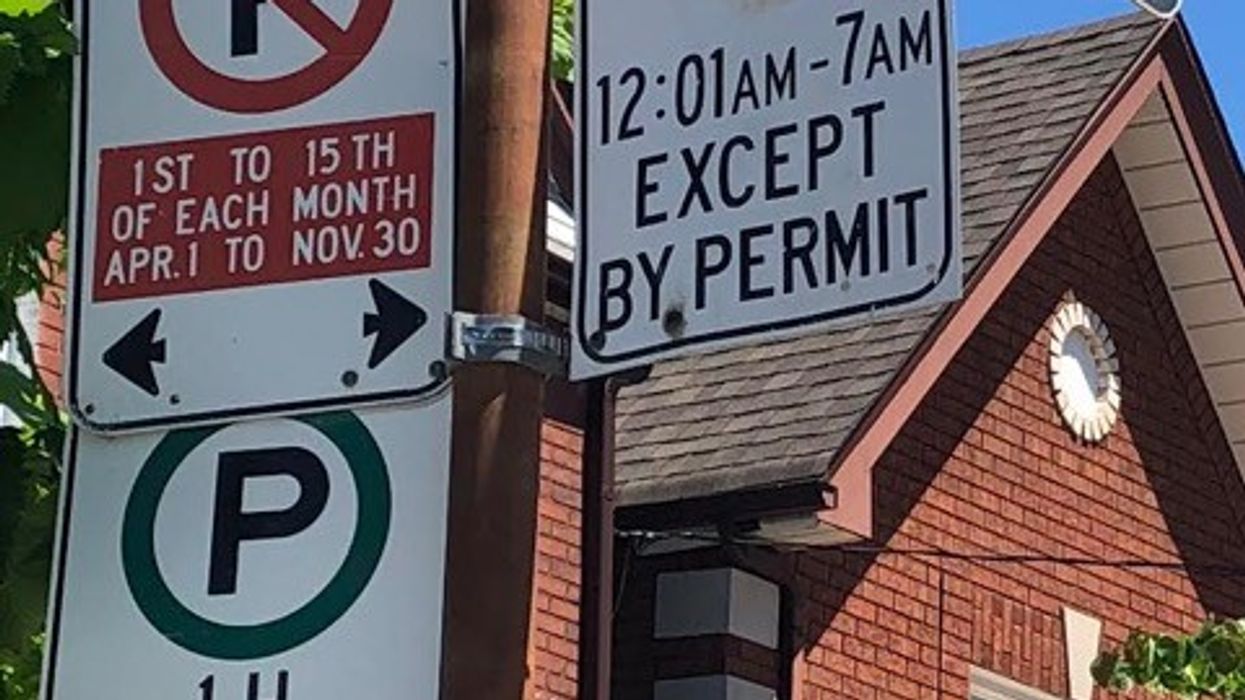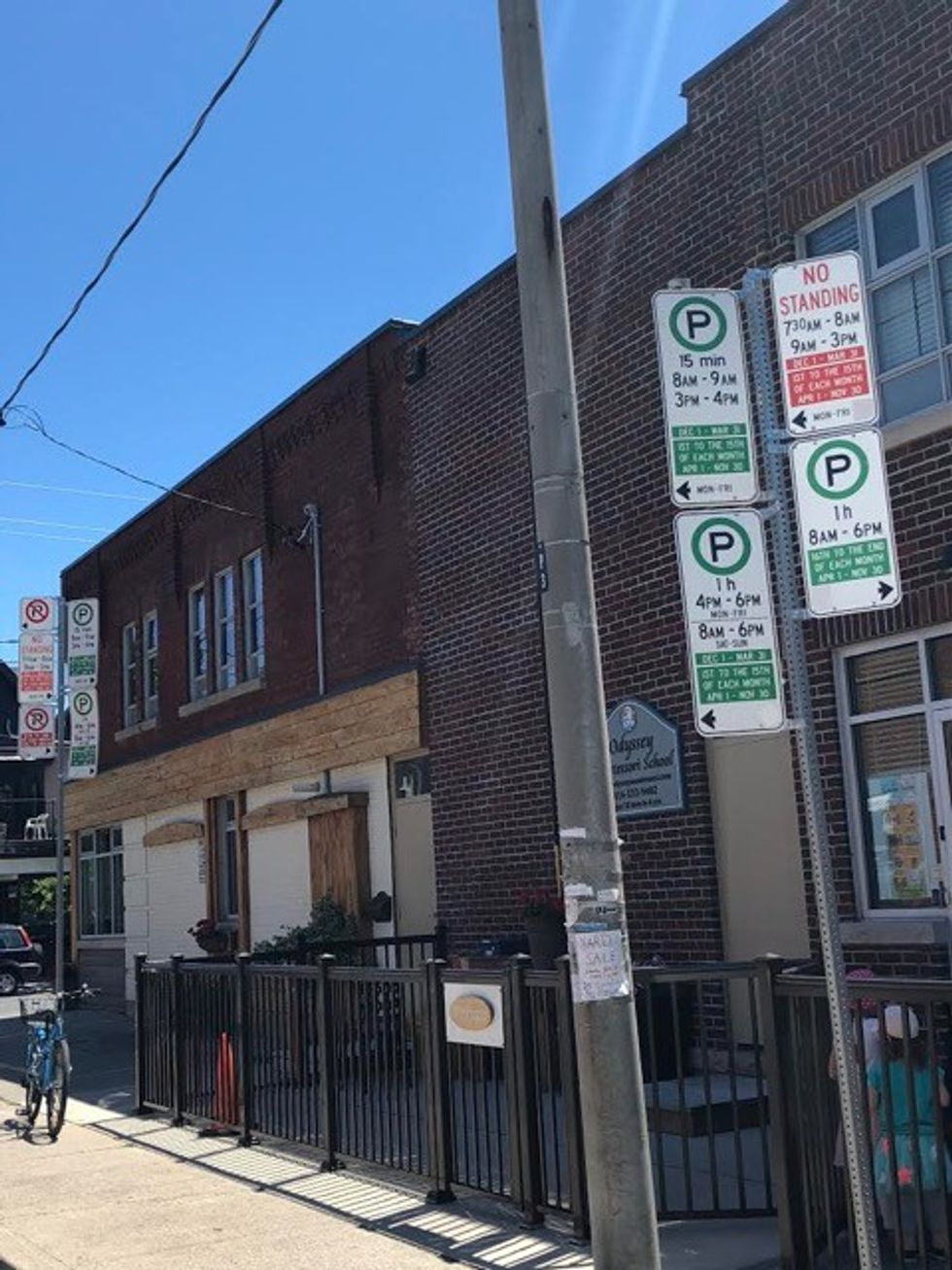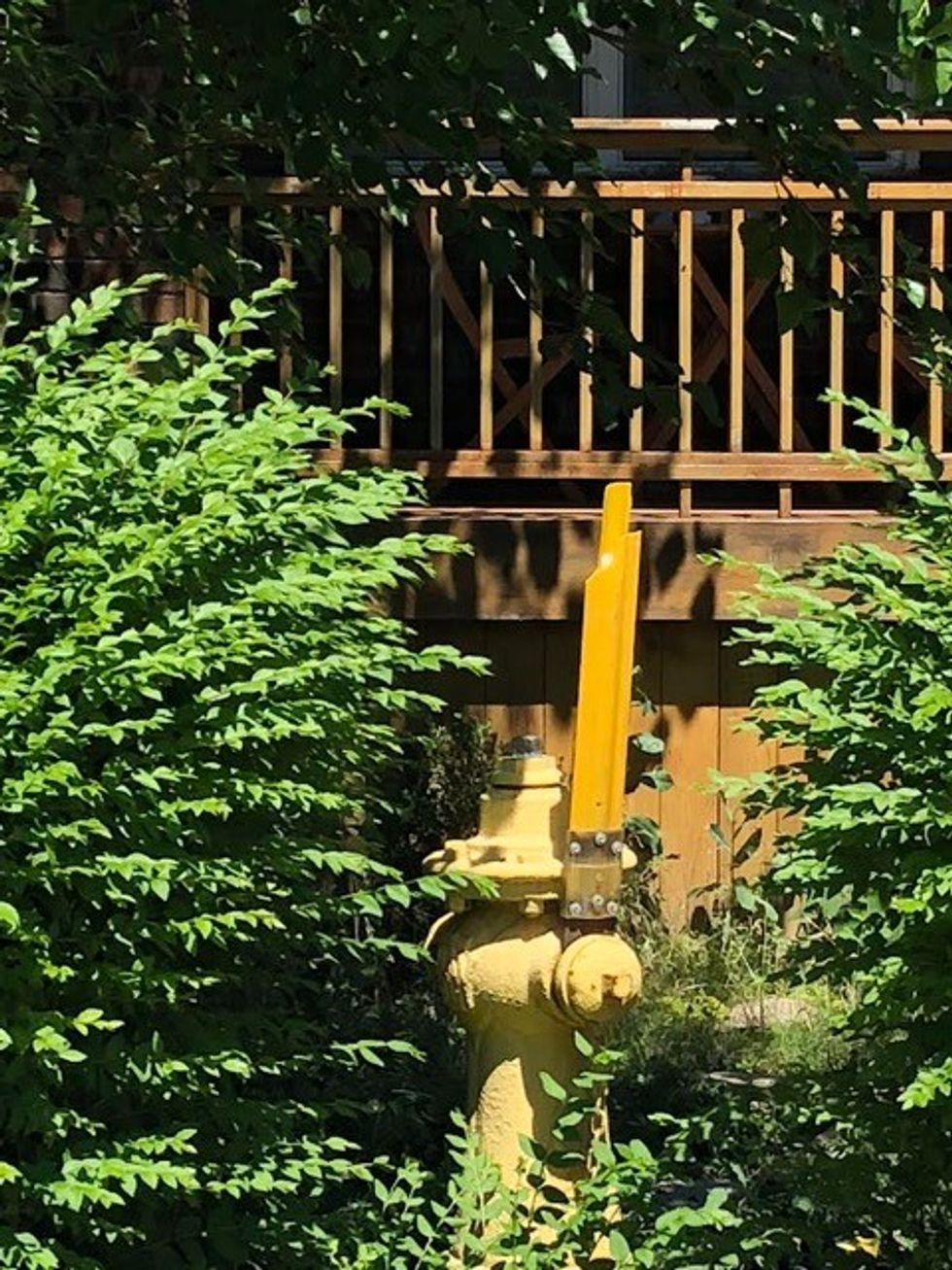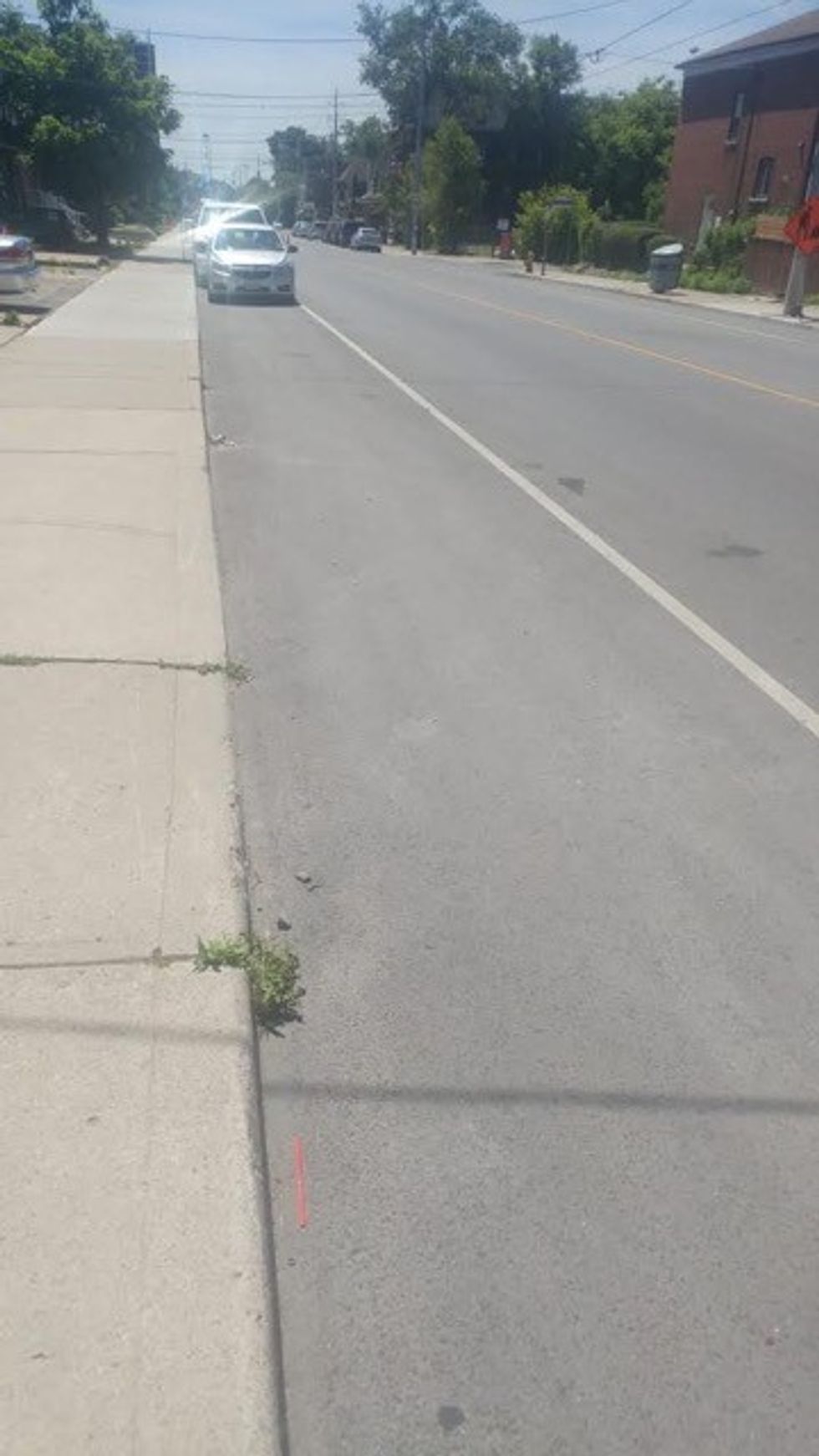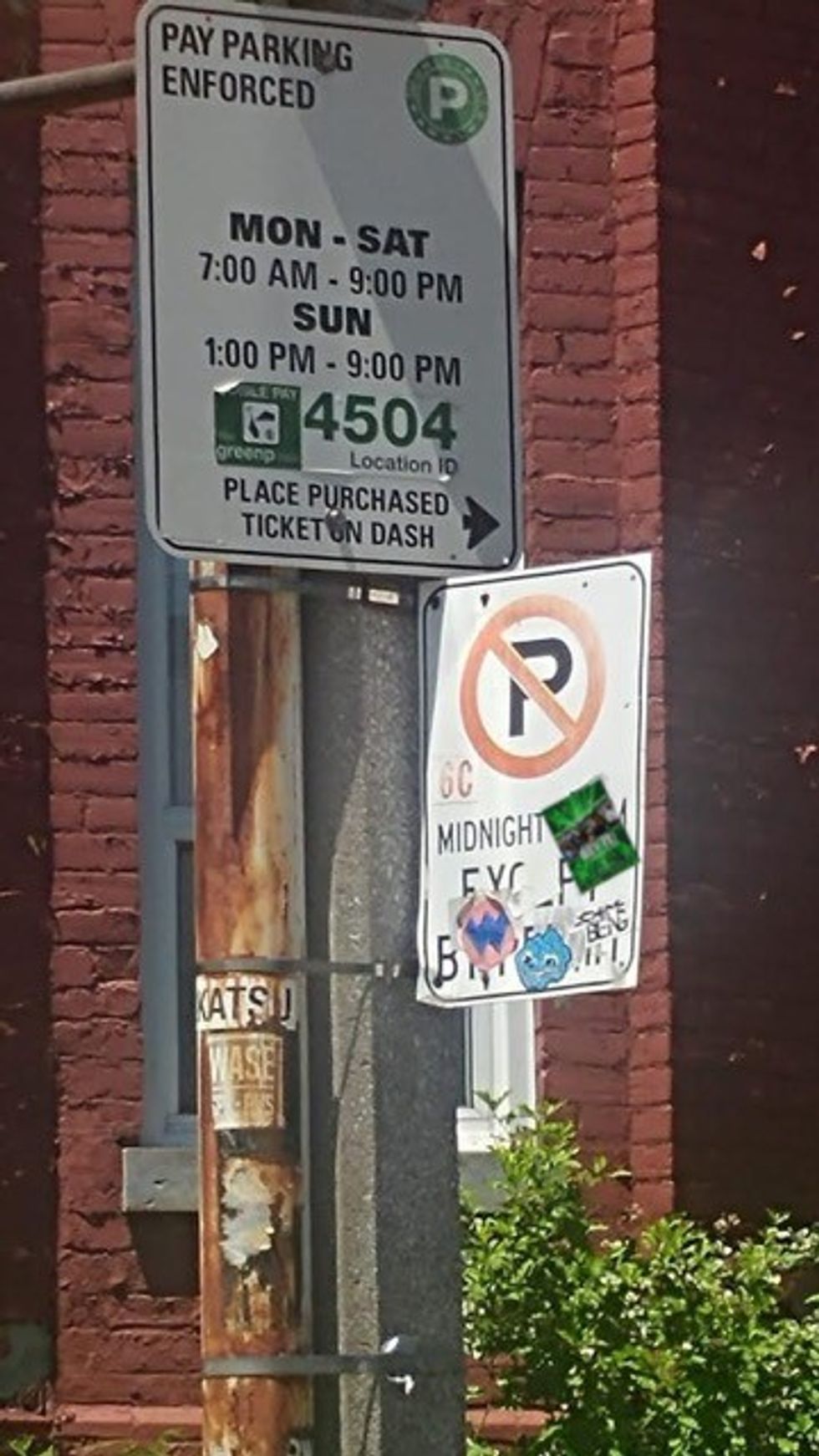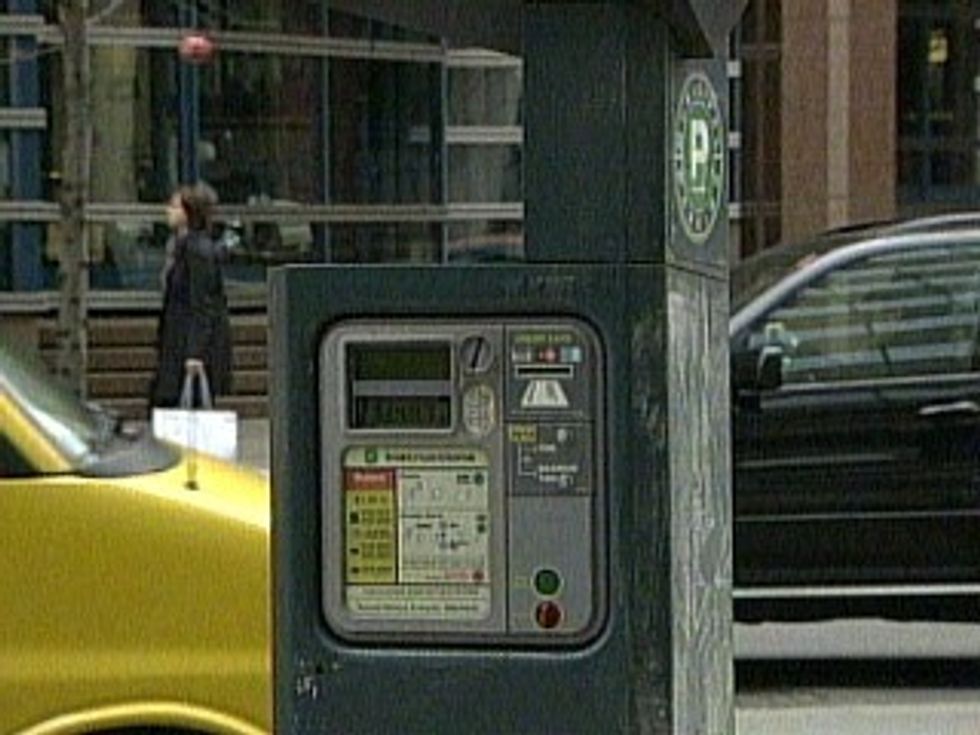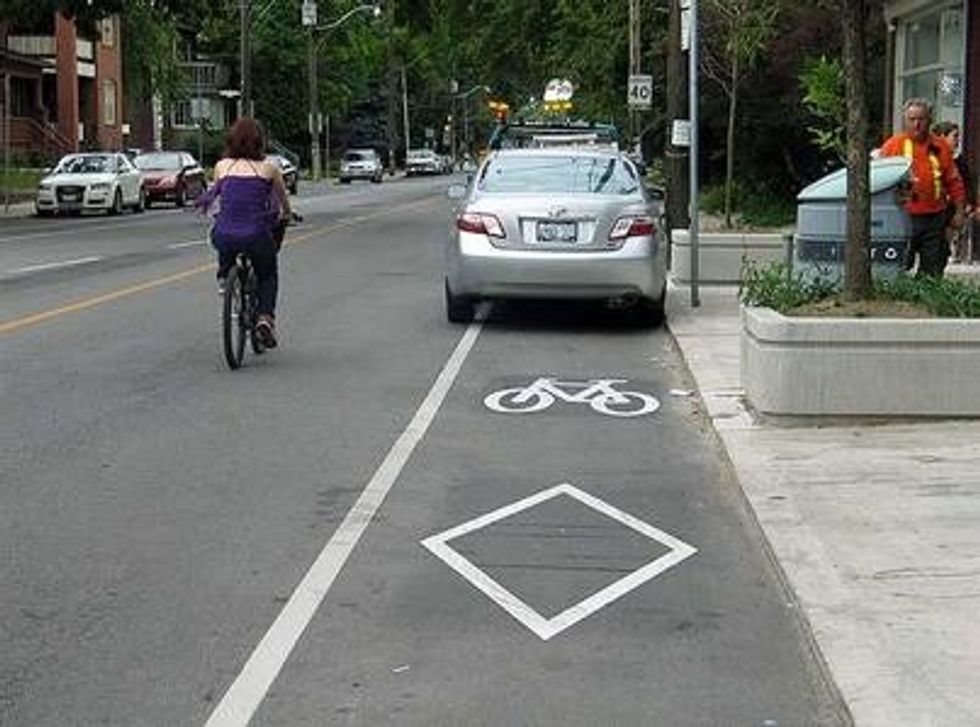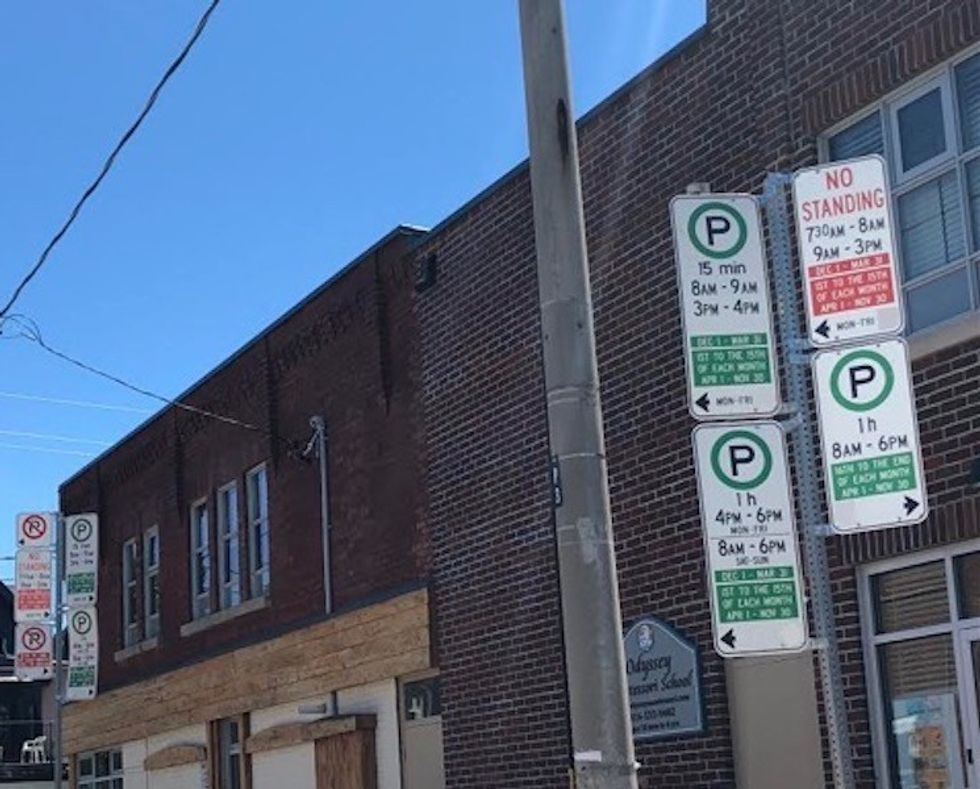
Toronto parking can be a puzzle.
The city’s population is growing quickly and there are limited parking spaces available for the number of vehicles in the city. Some signs are difficult to understand. Some are hidden.
The most law-abiding drivers can end up with tickets.
And with the addition of bike lanes and the increase in condo development, there are fewer parking spaces and parking lots in the downtown core. While expensive parking rates at the remaining lots force some daily commuters to park illegally.
Some drivers don't realize tickets can be disputed — and even cancelled. Don't assume just because you were given a ticket that you are at fault. If you feel a ticket is unwarranted, you can fight it. You can do this on your own. But, as we discovered, there is an app for that. (Isn't there always?)
TicketPay.
TicketPay is a new app that can help you handle parking tickets in the Greater Toronto Area.
Once the free app is downloaded to your smartphone, you can submit all the relevant information pertaining to your parking ticket. Each mobile submission is then taken to the local Parking Authority by TicketPay staff. There are processing fees of $3.00 for payments and $5.00 for disputes.
READ: Think Toronto Is Pricey? A Hong Kong Parking Spot Sold For 765,000 USD
Another misconception is that all parking tickets are City-issued parking tickets. But you can receive a private parking ticket. You can still renew your driver’s licence if you have not paid for a private parking ticket.
So what are the most common way Toronto area drivers get fooled into parking tickets — especially on those residential and downtown roadways? We asked Adam Ferreira, one of TicketPay's founders.
Here's his top-7 list of parking ticket dupes:
1. Calendar And Clock Equations
Many streets have a combination of dates and times when you can and cannot park. Not taking the time, or having the time, to solve these riddles can result in tickets.
Always read them carefully — even if you've parked in that same spot before. Things can change at any time.
2. Hidden Hydrants
Be sure to look carefully before and after you park. There may be a partially covered fire hydrant. Occasionally, there will be a stick attached in case of shrubbery or high snowfall. Take note, not all hydrants have those indicators.
3. New Dedicated Lanes
Some larger streets have recently had dedicated parking lanes added. While most of these would imply that parking is available, there may still be time restrictions.
4. Missing And Obstructed Signs
It's quite common for parking signs to be damaged, covered and missing at times. You may still get a ticket when there is an illegible or missing sign.
But if you submit a photo when disputing your fine, there’s a good chance the ticket will get cancelled.
5. Broken Parking Machines
Similar to damaged signs, broken machines don’t equal free parking. If you do get ticketed however, be sure to submit any evidence with your dispute.
The chances of the fine being cancelled is not great, since drivers still have the option of using a nearby machine or one across the street.
6. Bike Lane Parking
Parking in a designated bicycle lane causes cyclists to enter into car lanes causing accidents and injuries. More lanes are being added to Toronto streets, so be mindful when parking your vehicle.
7. No-Sign-Required Laws
There are several offences that do not require a sign. Here are three common examples:
- Parking longer than three hours.
- Parking further than 30 centimetres from a curb.
- Parking within three metres of a hydrant.
READ: Behold The Most Expensive House In The Entire World (It Has 168 Parking Spots)
5 Fast Toronto Parking Facts From TicketPay
Toronto's population is 2.83 million. By 2066, it's expected to hit five million, making it the largest population in Canada.
There are 2.8 million parking tickets handed out annually.
Each year, on average, a driver receives 1.5 parking tickets.
Approximately 1.86 million people are given parking tickets in Toronto.
Six per cent of all parking tickets are disputed, resulting in 168,000 parking ticket trial requests.
